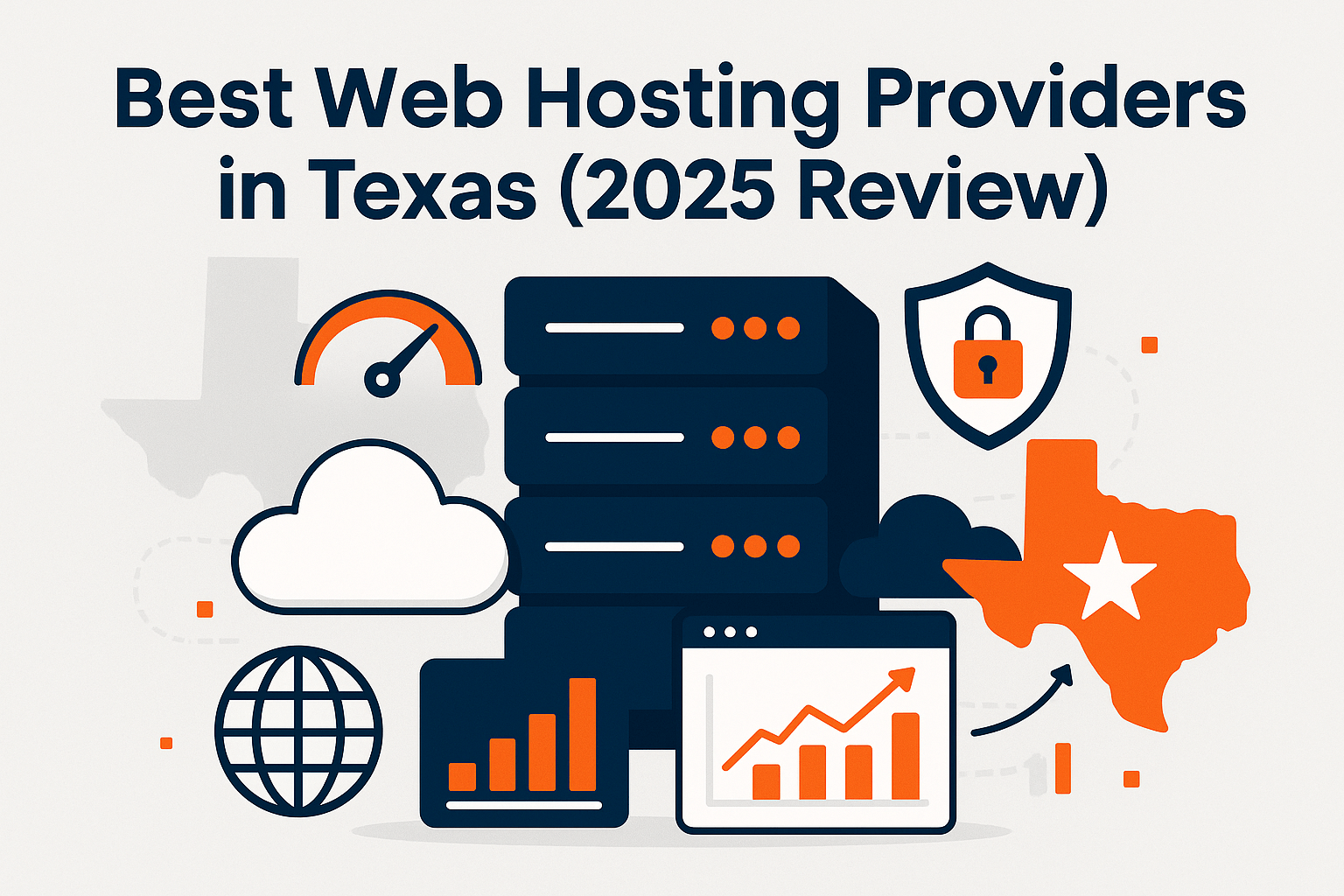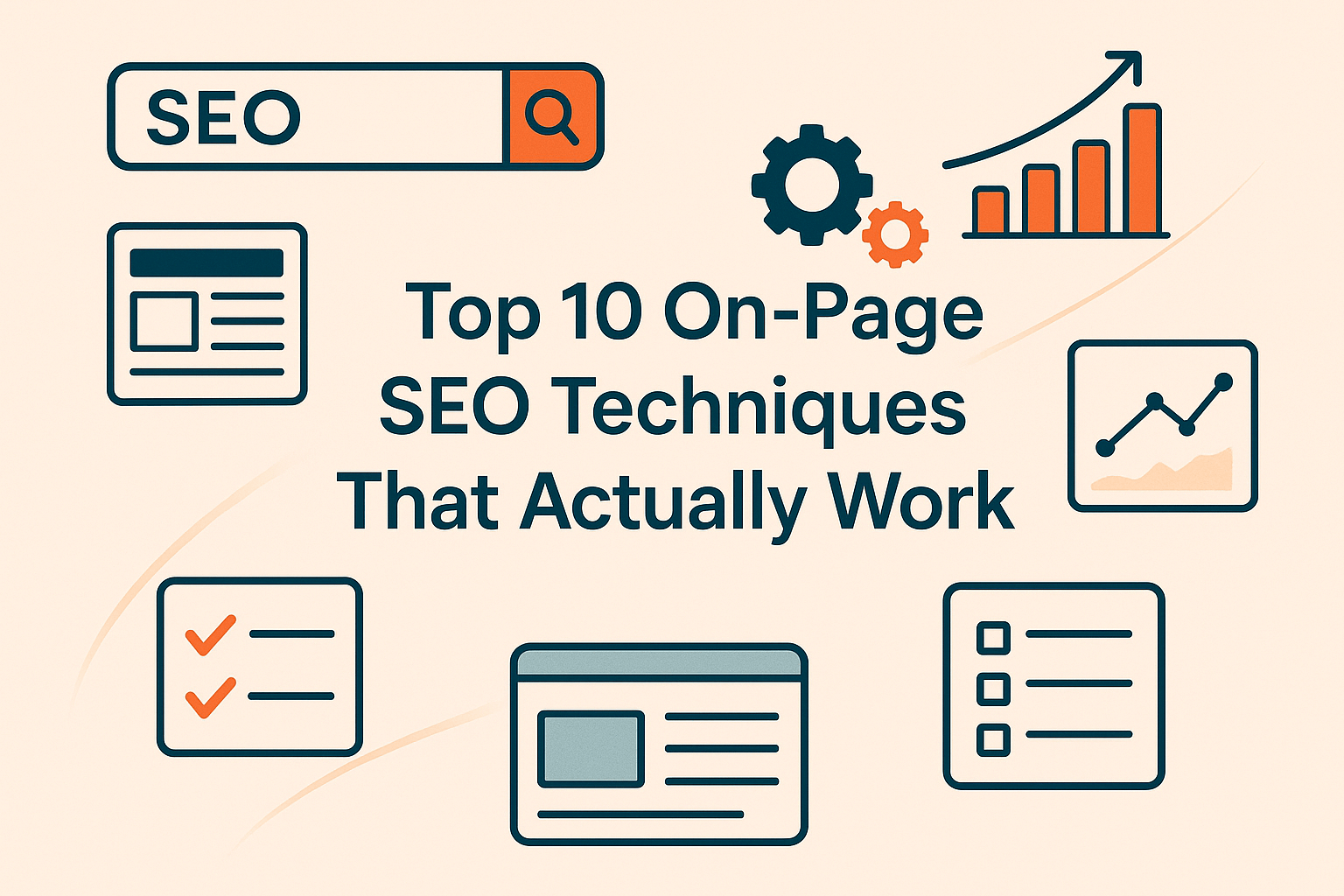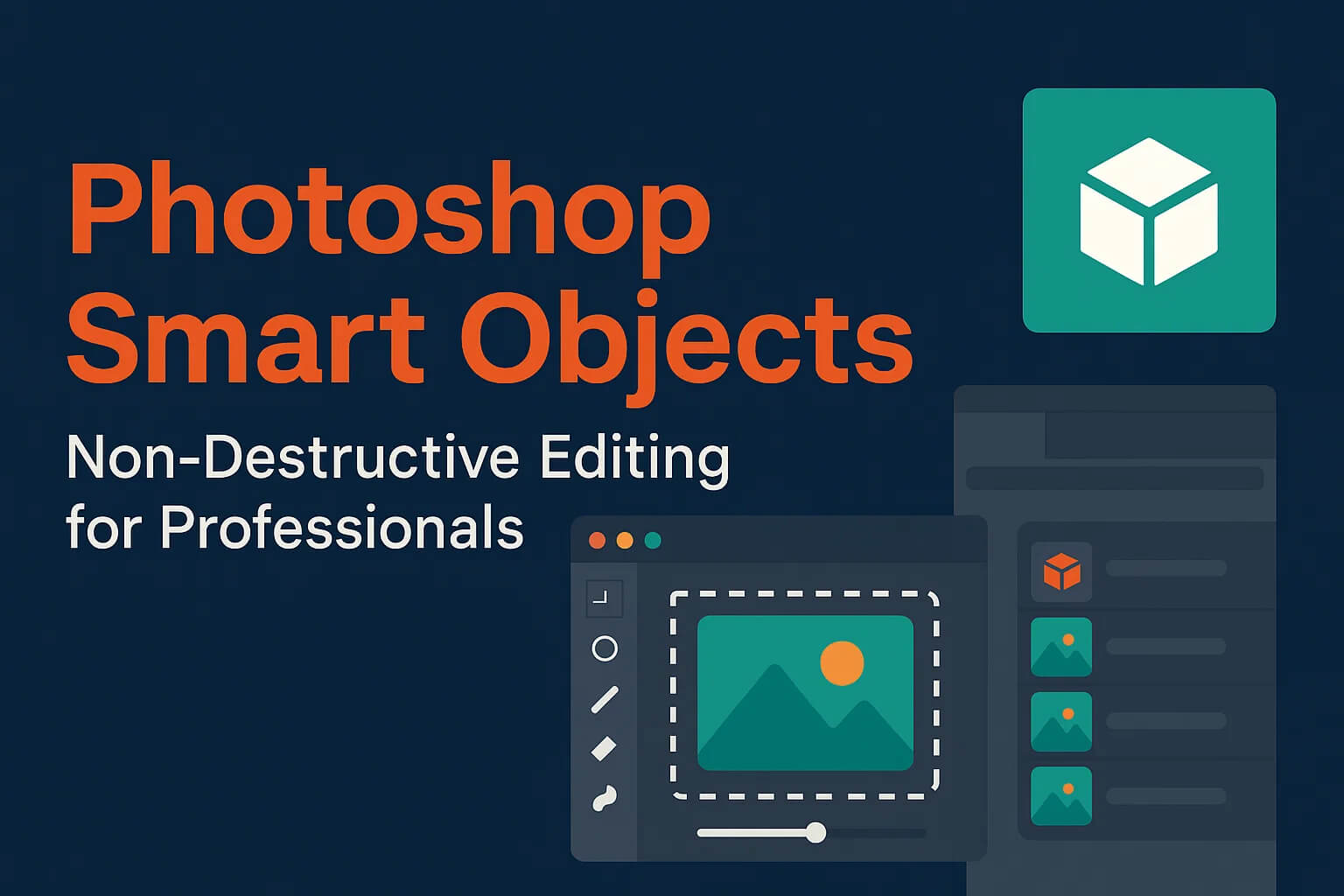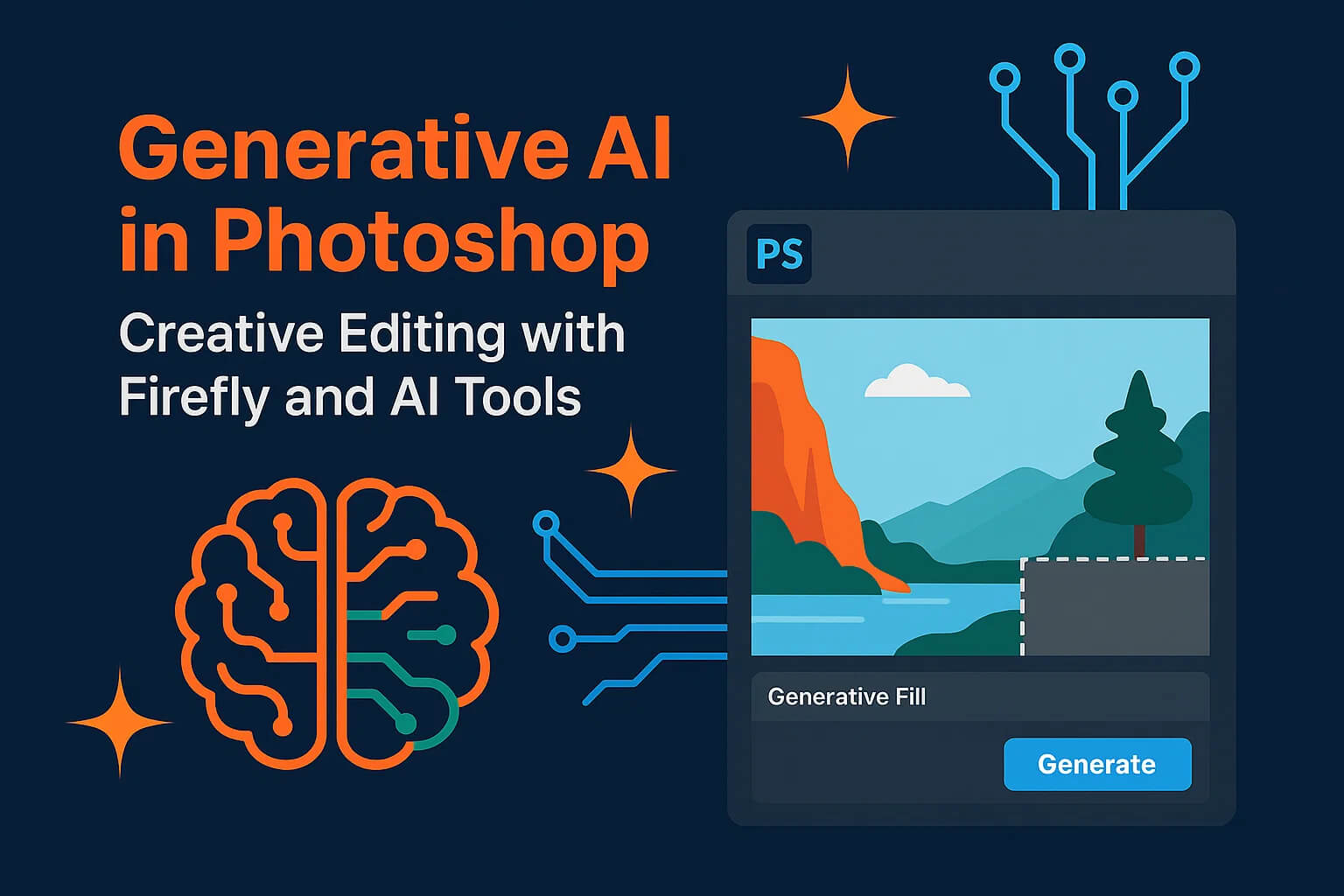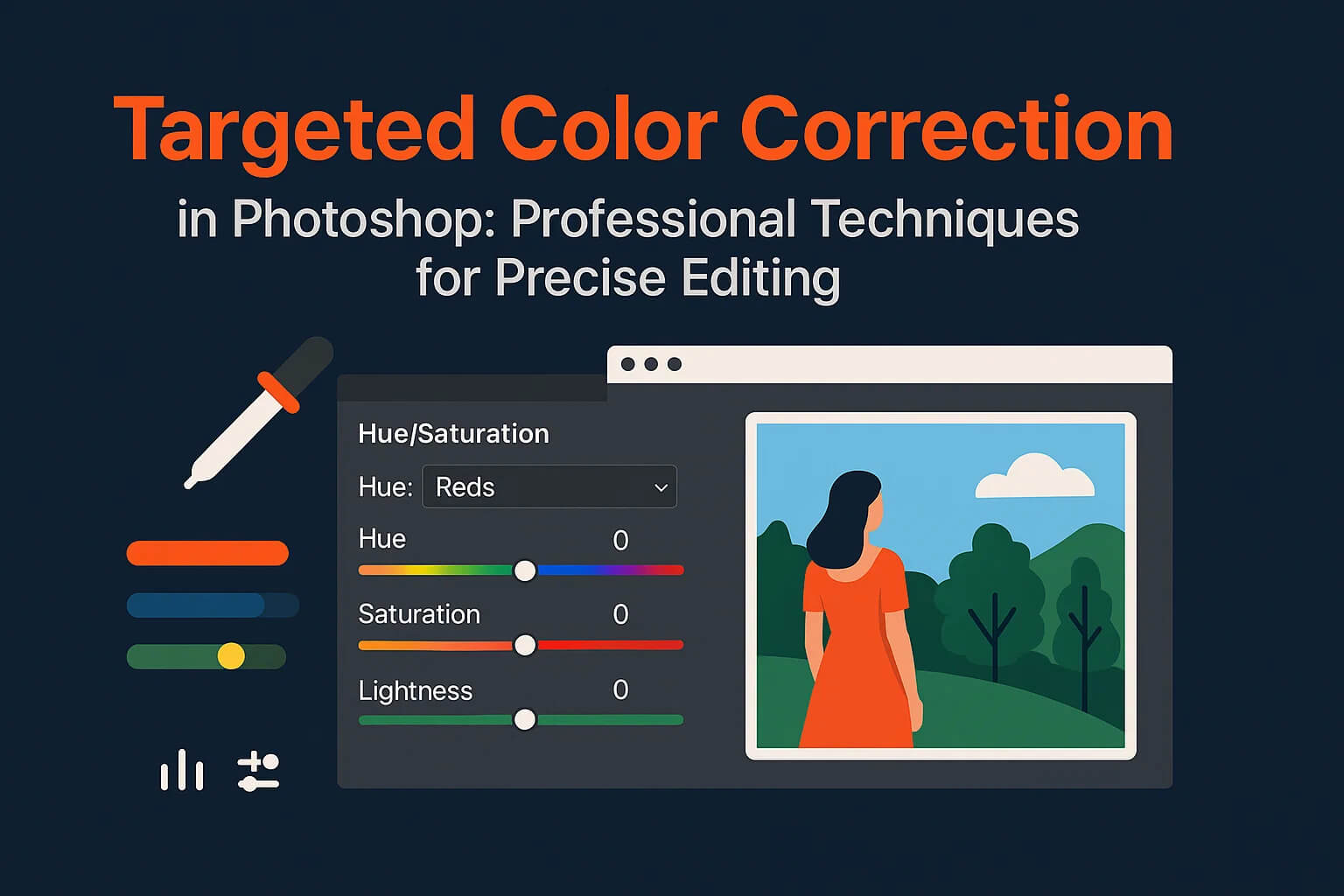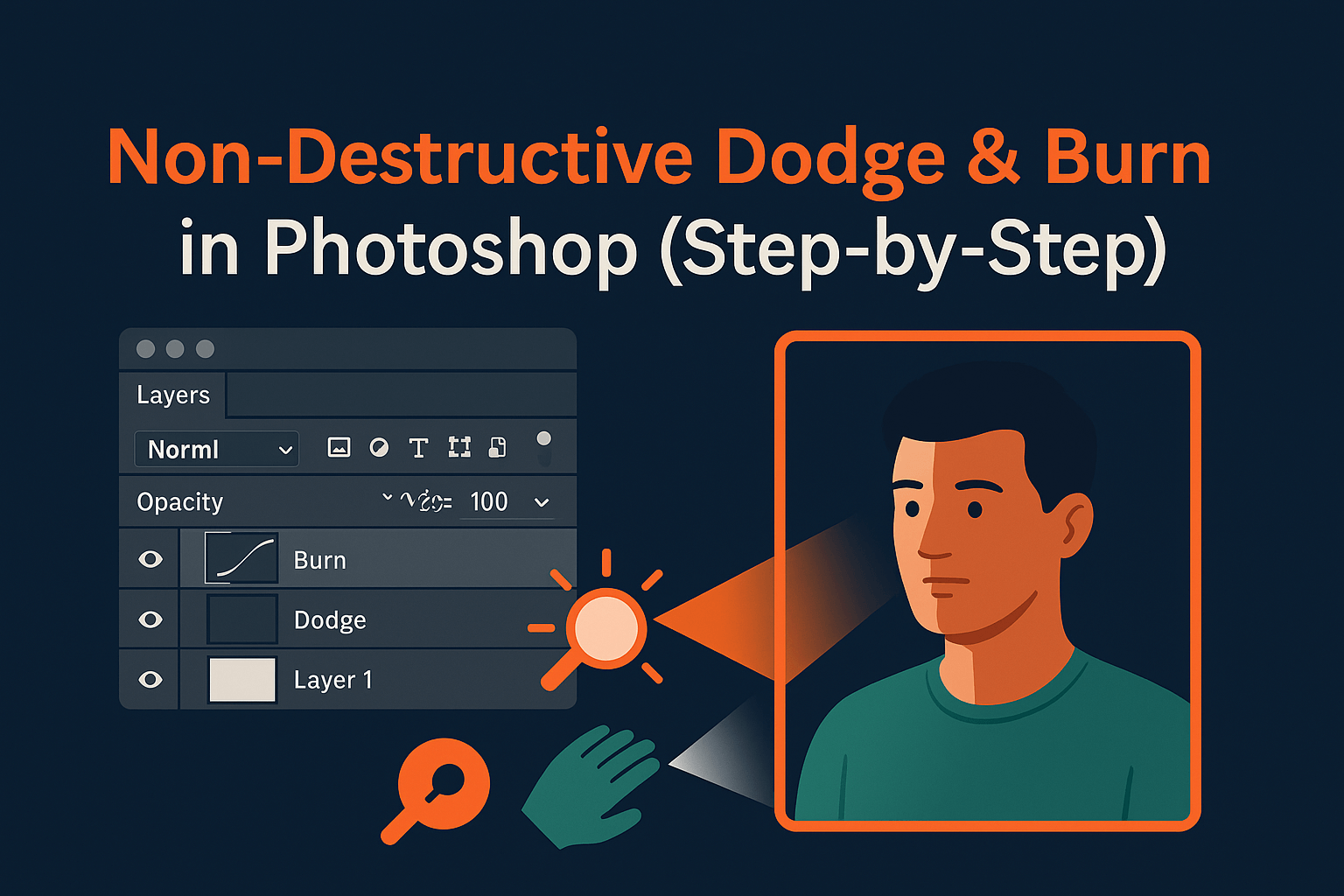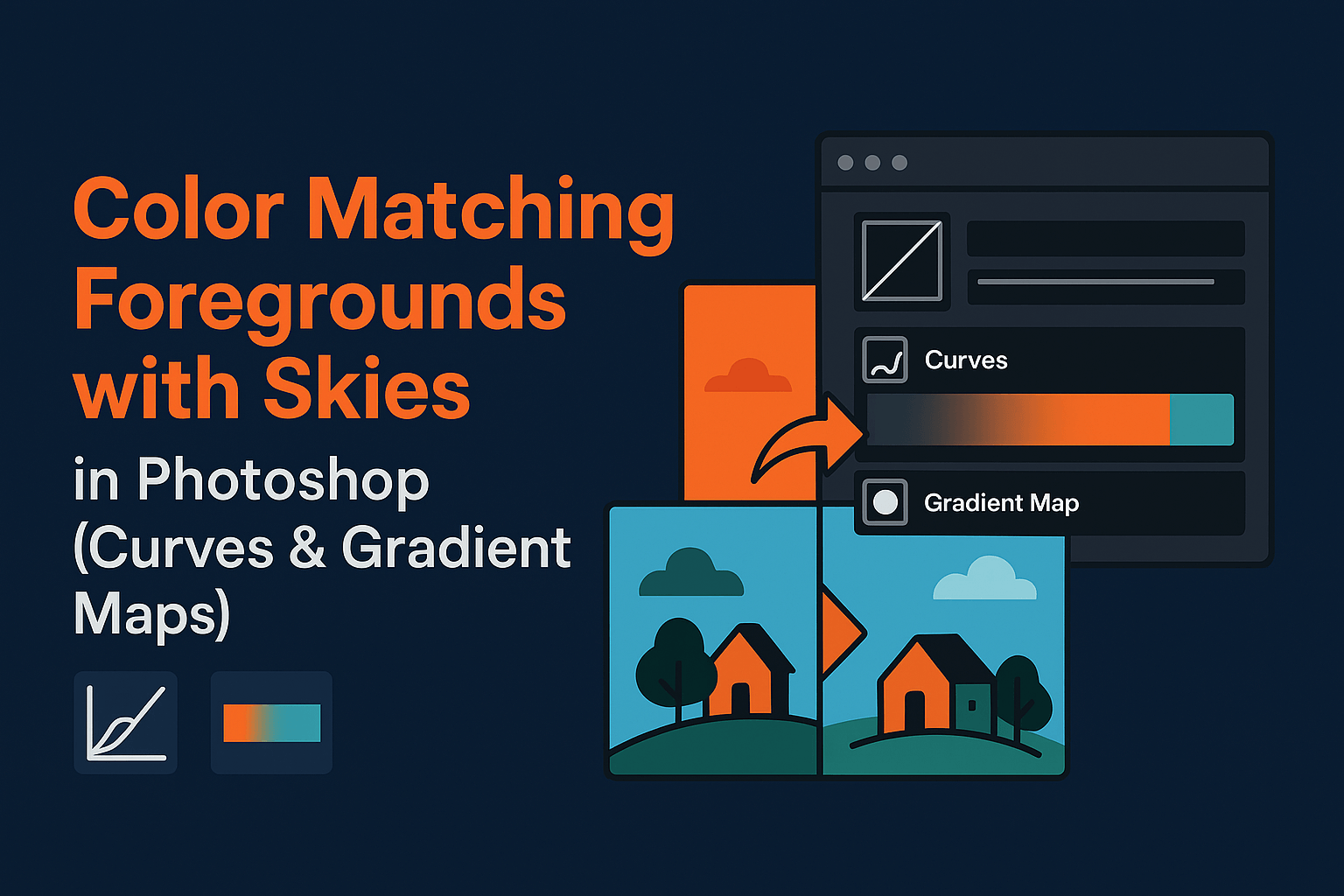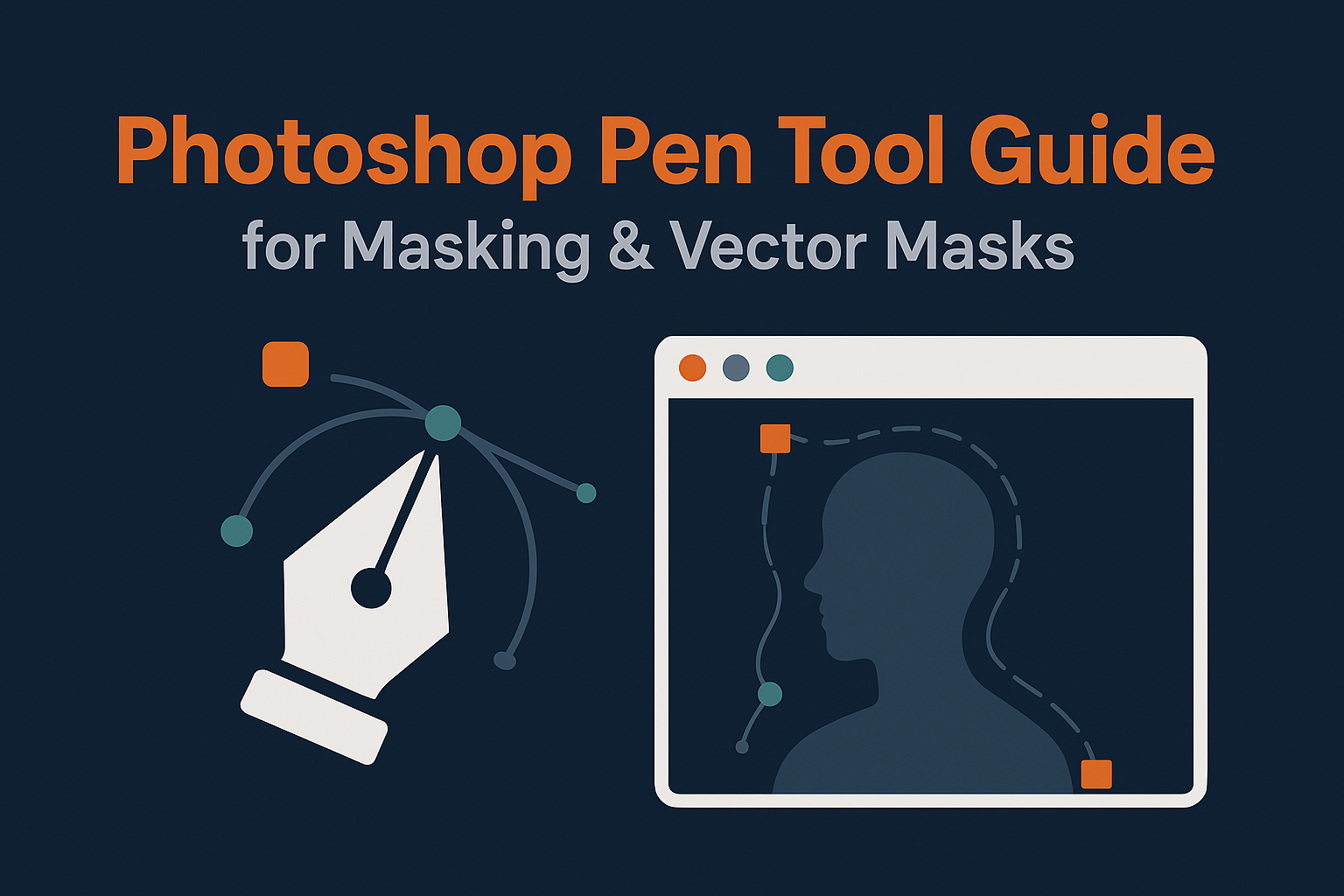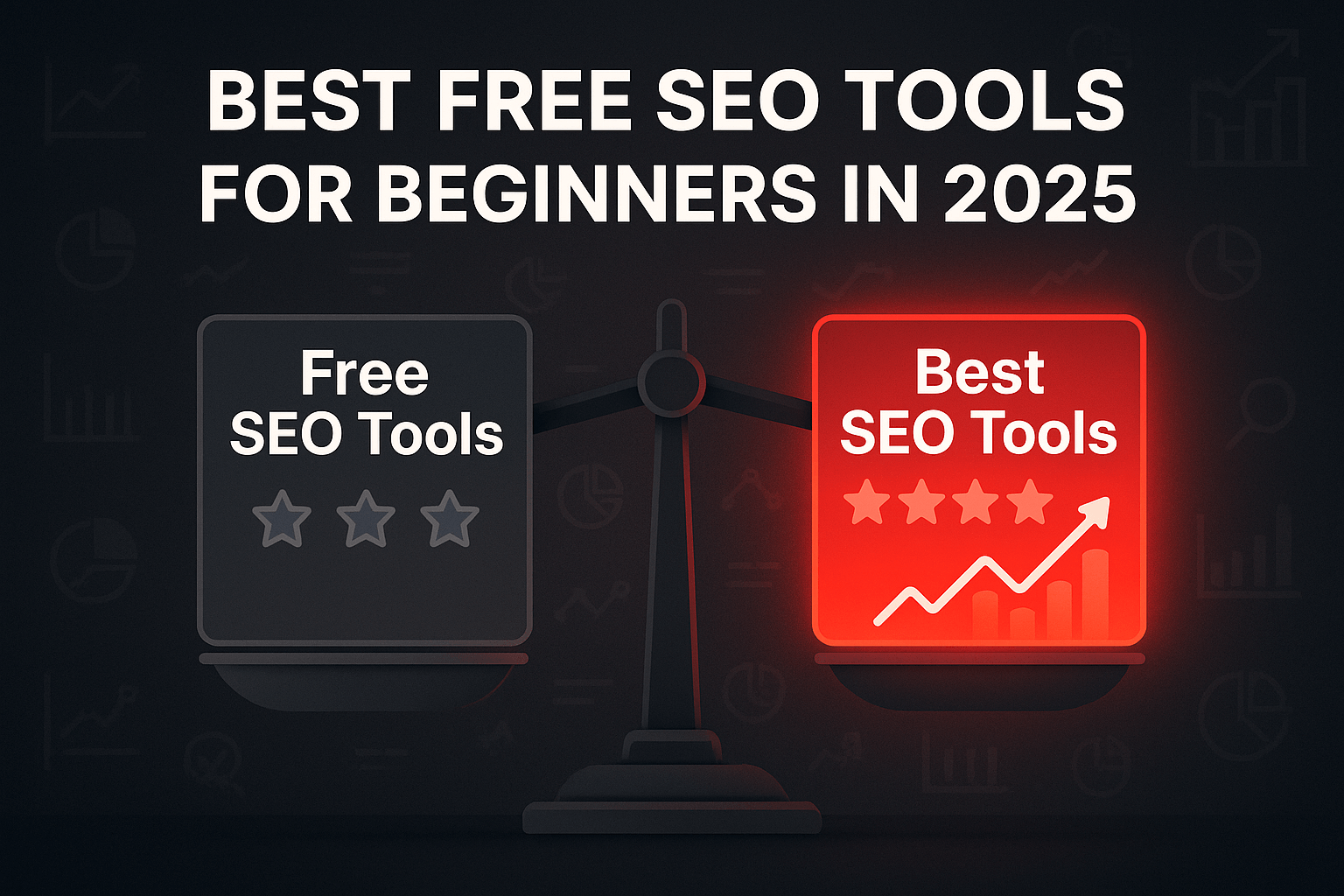
Best Free SEO Tools for Beginners in 2025
A practical guide to free SEO tools for audits, keywords, backlinks, on-page optimization, and performance monitoring, plus how to use SEO Site Checker’s free tools to get started.
Introduction
Starting SEO as a beginner can feel overwhelming. With so many ranking factors, paid platforms, and technical terms, it’s hard to know where to begin. The good news: you don’t need expensive subscriptions to start making real improvements. Free SEO tools provide the core capabilities beginners need to audit sites, research keywords, check backlinks, and improve on-page SEO.
This guide walks you through the best free SEO tools in 2025, explains how to use them together in a practical workflow, and highlights how SEO Site Checker can be your all-in-one, free resource to run audits, check domain authority, and optimize site performance.
1. What Beginner SEO Tools Should Do
When you’re new to SEO, tools should simplify the most common tasks: keyword research, site audits, backlink checking, rank tracking, and simple content optimization. Beginner tools should explain issues in plain language and provide actionable steps not just raw data.
Look for tools that are intuitive, reliable, and free (or freemium). For example, the Website SEO Score Checker from SEO Site Checker provides a clear scorecard and easy-to-follow fixes that beginners can implement right away.
2. How to Choose Free SEO Tools (for Beginners)
Not all free tools are equal. Here’s what to evaluate:
- Ease of use: The interface should be simple, with clear recommendations.
- Accuracy: Tools that align with Google data (like Search Console) are very useful.
- Minimal limits: Free tiers that allow meaningful tests without immediate upgrades are ideal.
- Integration: Tools that fit into your workflow (CSV export, copyable suggestions) save time.
SEO Site Checker focuses on simplicity and unlimited access for essential tools, perfect for learners who want hands-on experience without costly subscriptions.
3. Essential Free SEO Tools for Beginners
These are the tools every beginner should know and use:
Google Search Console
Shows indexing status, queries that bring impressions, and site performance in Google. It’s essential for understanding which pages already get traffic.
Google Analytics 4
Tracks user behavior, traffic sources, conversions, and on-site engagement. Pair it with Search Console for a full picture of performance.
Keyword Research Tools
Google Keyword Planner and Google Trends are free starting points. For idea generation, try AnswerThePublic or Ubersuggest’s free tier.
Site Audit Tools
Run a technical site check with tools like SEO Site Checker’s Website SEO Score Checker to find crawl issues, missing meta tags, and speed problems. This gives you a prioritized list of fixes.
Content & Snippet Tools
Use snippet preview tools and meta analyzers to craft compelling titles and descriptions. SEO Site Checker provides meta tag analysis as part of its toolkit.
4. Free On-Page SEO & Content Tools
On-page SEO helps search engines understand and surface your content. These free tools are important for beginners:
- Meta Tag Analyzer
- Readability tools
- Word/phrase suggestion
- WordPress SEO plugins
Use these tools to ensure every page has a clear focus, a target keyword, and a user-friendly meta description to improve click-through rates.
5. Free Technical & Performance SEO Tools
Technical SEO and site performance impact both rankings and user experience. Beginners should use:
- Google PageSpeed Insights
- GTmetrix / WebPageTest
- Mobile-Friendly Test (Google)
- Minifier ToolsHTML Minifier, CSS Minifier, and JS Minifier.
Tip: If PageSpeed Insights highlights heavy JS or CSS payloads, run those files through the minifier tools linked above to reduce bytes transferred and speed up pages.
6. Free Backlink & Authority Tools
Backlinks remain a major signal of authority. Beginners can track link health and growth with:
- SEO Site Checker Domain Authority CheckerDomain Authority Checker.
- Ahrefs Backlink Checker (free)
- Moz Link Explorer (free account)
Start by reviewing who links to you and your competitors. Use that intel to create outreach or content that attracts similar links.
7. Combining Multiple Free Tools into a Workflow
Using tools together is where real progress happens. Here’s a simple beginner workflow:
- Check Search Console to find pages with impressions but low clicks.
- Run a site audit in SEO Site Checker to fix technical blockers.
- Research keywords with Keyword Planner and AnswerThePublic.
- Optimize content and meta tags using a meta analyzer and plugin (Yoast).
- Reduce file sizes with SEO Site Checker’s minifiers when PageSpeed suggests heavy assets.
- Track backlinks and DA weekly to monitor authority growth.
This loop diagnose, fix, optimize, measure keeps your SEO continually improving without spending money on premium tools early on.
8. Limitations of Free SEO Tools & When to Upgrade
Free tools are powerful, but they have trade-offs:
- Data limits and sampling (keyword volumes can be approximate).
- Lack of in-depth historical data or full link graphs.
- Fewer automation & reporting features for agencies.
Upgrade to paid tools when you need comprehensive historical tracking, large-scale competitor research, or agency-level reporting. For most beginners, however, free tools provide a robust foundation for learning and progress.
9. Tips to Maximize Value from Free Tools
Get the most from free tools with these practical tips:
- Combine tools to cover gaps (e.g., Search Console + SEO Site Checker + Keyword Planner).
- Save reports regularly to track progress even if the tool limits history.
- Cross-check results between tools to avoid following bad data.
- Learn the why — use audit recommendations to understand SEO principles, not just to fix items mechanically.
Further Reading & Resources
Conclusion
Free SEO tools give beginners a complete, practical toolkit for improving search performance without a budget. Start with Search Console and Analytics, run audits with SEO Site Checker, research keywords, fix on-page issues, and monitor backlinks and performance regularly.




